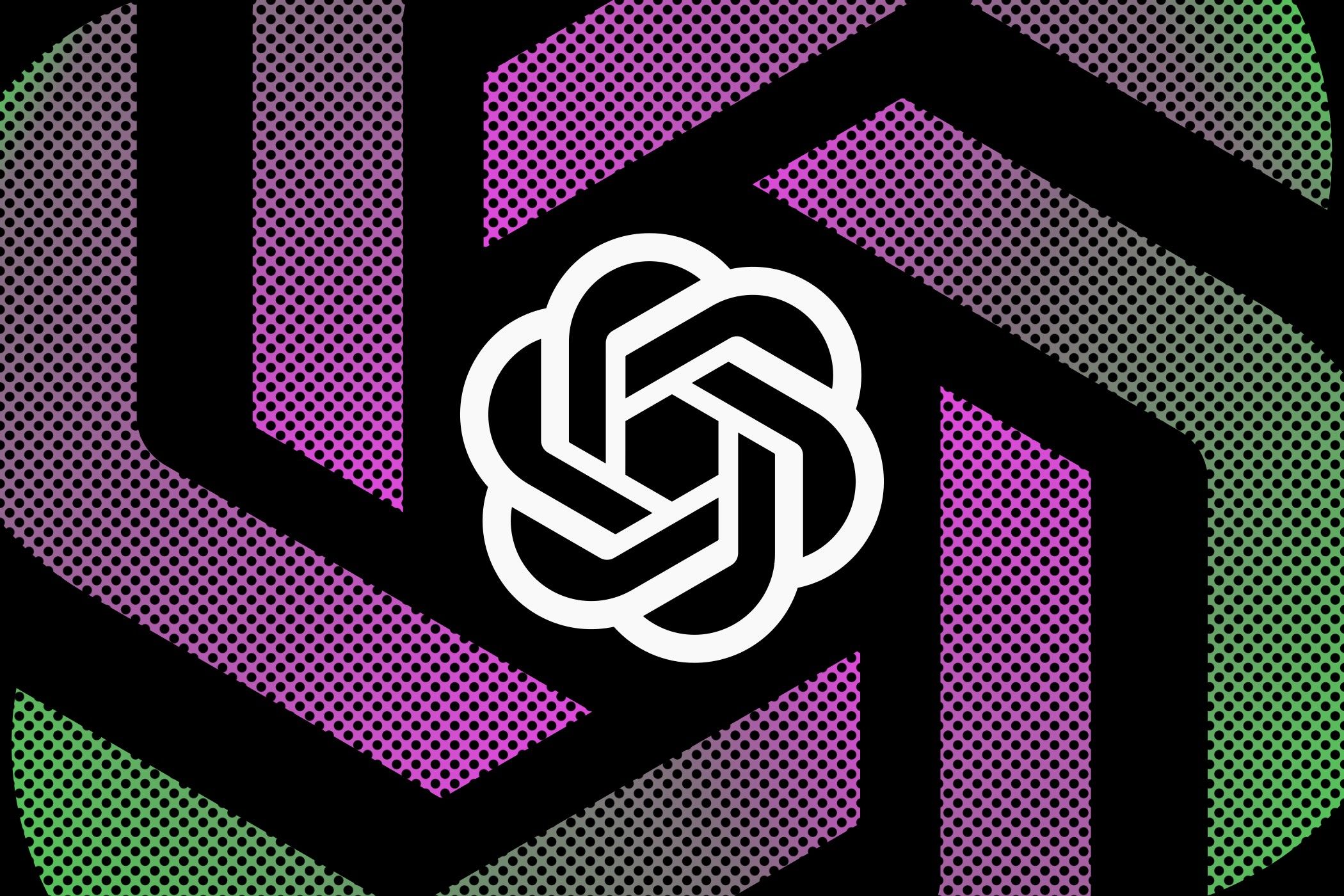With the launch of Operator, despite it being not great in its current state, ChatGPT became more than just a chatbot. OpenAI wants to continue on the same pat, and the latest addition is a tool that can perform deep research. It’s not exactly a new concept, OpenAI has a few reasons why it swears it’s better.
ChatGPT has just added a new tool called “deep research.” This new feature, which is right now only available for the chatbot’s ultra-expensive Pro tier, allows ChatGPT to go beyond simple text generation and act as an autonomous research assistant, capable of planning and executing multi-step research processes to gather information and provide detailed, cited summaries.
Users can pose questions using text, images, and even upload documents like PDFs or spreadsheets. Deep research then takes over, spending anywhere from 5 to 30 minutes meticulously sifting through information, backtracking when necessary, and reacting to real-time data to formulate its response. The results are presented in the chat window, complete with a summary of its process and citations displayed in a sidebar. OpenAI claims that future iterations of the tool will also be able to embed images and charts within its responses—right now it’s just text.
This is not exactly a new concept. Google’s Gemini, for one, already has a feature called “deep research” and works relatively similarly. It searches through multiple sources and takes a few minutes to compile and prepare a detailed report/article for you based on the information contained within those sources. I’ve tried it out a few times and found that it works pretty well and it’s relatively polished—it conducts a multi-step research process where it looks through user reviews, references multiple websites (sometimes even How-To Geek), looks at YouTube videos, compares the data it finds, and synthesizes it all in a single report. Plus, it’s available with Google’s Gemini Advanced subscription, which is $20 a month compared to the crazy $200 a month ChatGPT Pro commands.
OpenAI knows that it’s technically late on rolling out a feature like this, and provides a few reasons why it thinks you should use this one instead of other chatbots. Rather than being a glorified website aggregator, OpenAI says its deep research feature is designed to perform at the level of a research analyst. A demo video released by the company showcases the tool’s ability to analyze retail industry changes over the past three years, producing a response that includes bullet points and tables. This deep research feature uses OpenAI’s reasoning models, while Gemini’s uses regular, run-of-the-mill Gemini 1.5 Pro (it will probably switch to Gemini 2.0 Pro soon).
OpenAI is also highlighting the deep research feature’s performance on a benchmark called “Humanity’s Last Exam,” where it achieved an accuracy of 26.6 percent on expert-level questions when equipped with browsing and Python tools. This significantly outperforms other models, including GPT-4o, which scored only 3.3 percent on the same test. We’d need to see how much of an accuracy difference there is between a report prepared by ChatGPT and one prepared by Gemini. Even then, we don’t think a feature worth 10 times as much will create a report 10 times better, at least for most things people might use it for, but we might be blown away.
OpenAI is also mentioning that at least this initial version of the feature might suffer from issues. This includes the potential for hallucinations (fabricating facts), difficulty distinguishing between authoritative information and rumors, and challenges in assessing the certainty of its own responses. This is a general issue with AI that no one has managed to fully shake off, but chances are that it will get better with time. Still, if you’re going to use this, it wouldn’t hurt to double-check whether its output is accurate.
Source: The Verge, TechCrunch





